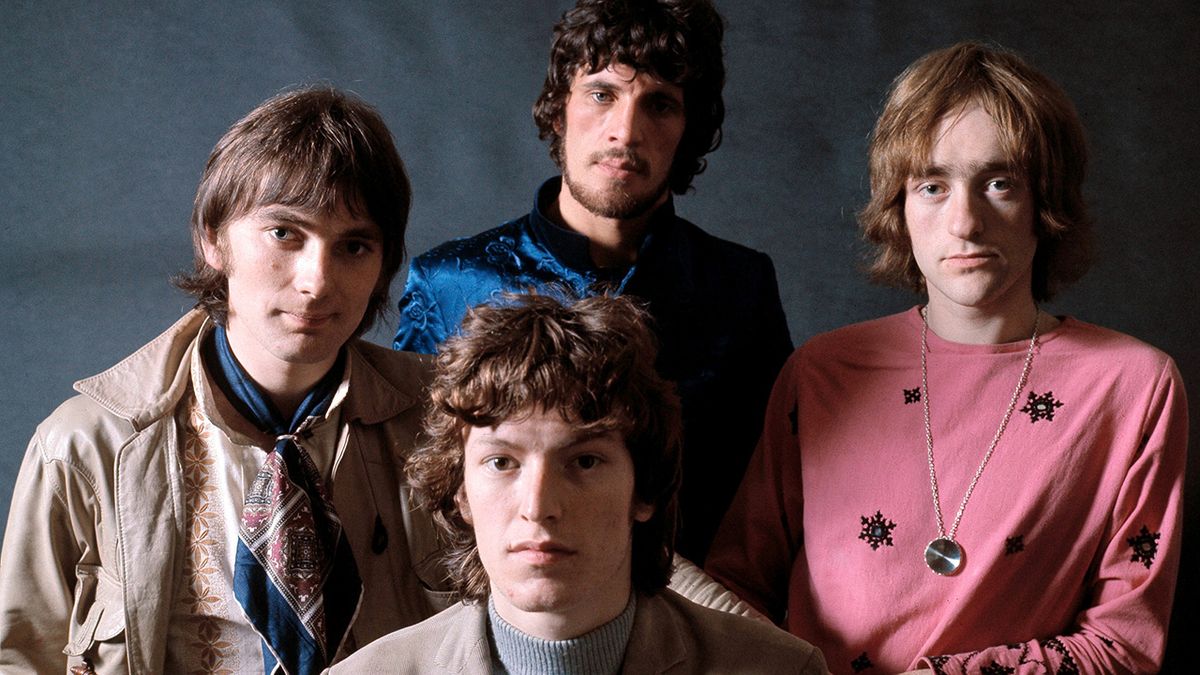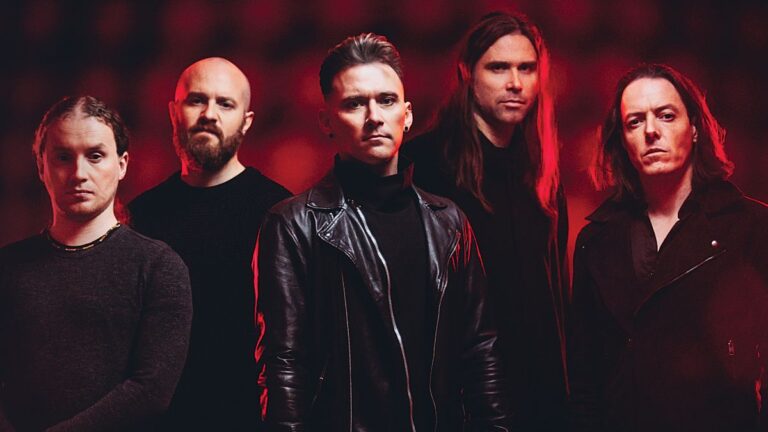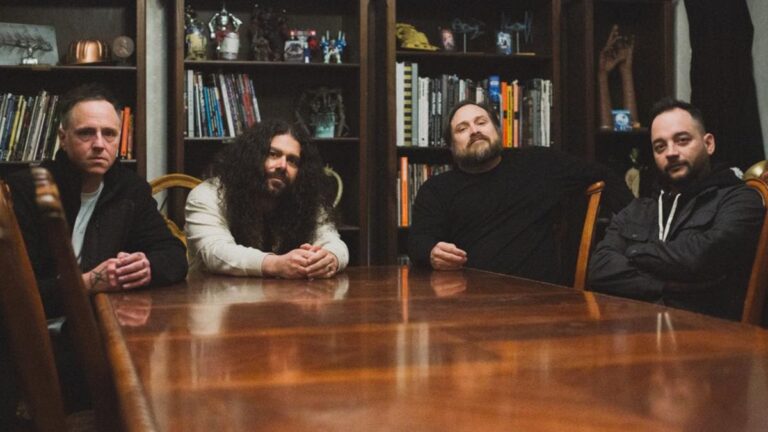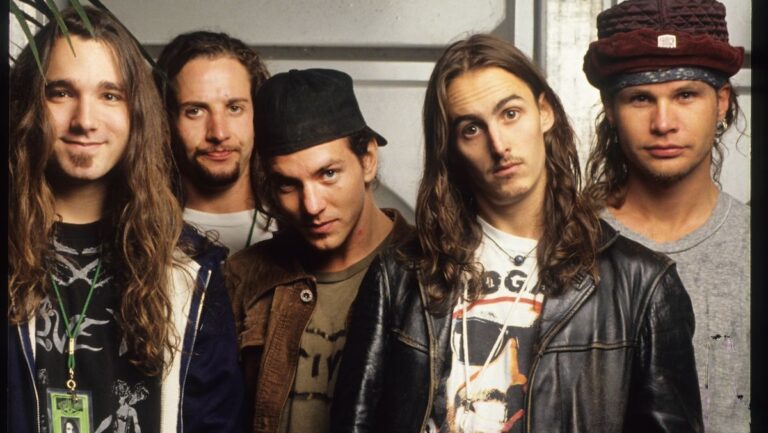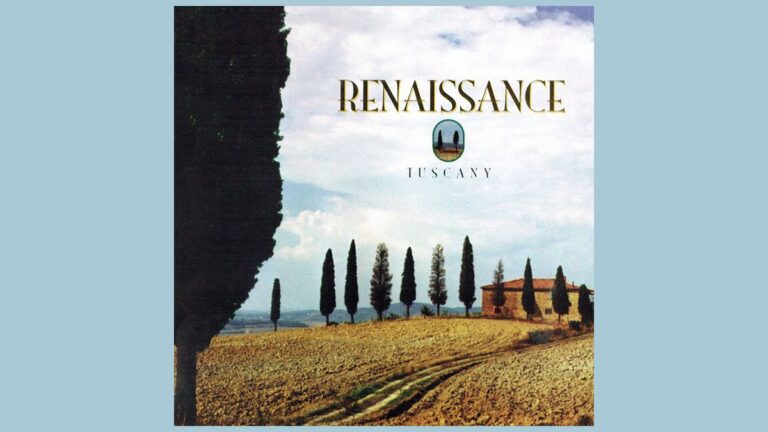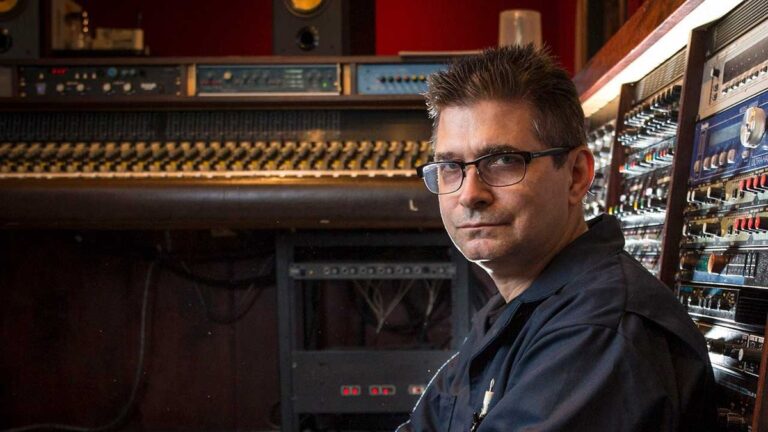Unleashing Musical Magic: The Enigmatic Journey of Steve Winwood and Traffic
From their faltering, psychedelic beginnings, Traffic finally managed to weave a path through the hedonistic early 70s and create three albums of groundbreakingly original progressive music. One of British progressive music’s most adventurous extended bursts of creativity began in 1970, just as spring was whispering its arrival. It was then that Steve Winwood was back at The Cottage, the tumbledown dwelling tucked away among 1,200 acres of rolling Berkshire Downs that had been his sanctuary and laboratory for the last three whirlwind years.
Winwood had first brought his new band, Traffic, to The Cottage at the dawning of Britain’s Summer of Love in April 1967. Not yet 20, the Birmingham-born Winwood was already a veteran of Brummie R&B stompers The Spencer Davis Group. Always a restless spirit, Winwood grew tired of pushing against the self-imposed boundaries of the Spencer Davis sound and threw in his lot with three more questing lads from the Midlands: guitarist Dave Mason, drummer Jim Capaldi, and Chris Wood, an art school student and jazz buff.
Together at The Cottage, they cooked up a whimsical, lysergic debut album, Mr Fantasy, released at the end of ’67. Dissolving Traffic shortly after, Winwood formed supergroup Blind Faith with Eric Clapton and Ginger Baker. After a series of musical projects, Winwood eventually reunited with Capaldi and Wood to create the band Traffic as he envisioned it: capable of harnessing a dizzying array of musical styles and making them into fresh, original music.
The John Barleycorn Must Die album was their first giant step along that path. From there, Traffic conjured three more records that marked them out as prodigious explorers and rare virtuosos. Yet it also extracted a heavy price from the three principals – it could be said that not one of them was ever the same again.
As the 70s opened, the sound of folk rock had been blown across the Atlantic in the gusts made by bands like The Band and the Byrds. Traffic took in the spirit, but as a starting point rather than an ultimate destination, creating a unique sound that transcended labels.
Despite their musical success, personal tragedies and conflicts plagued the band. Internal struggles, substance abuse, and untimely deaths marred their journey. Eventually, Traffic disbanded, with members going on to pursue solo projects and other musical endeavors.
Reflecting on their journey, Winwood noted, “Traffic took originality to some phenomenally obscure places. We wanted to create a form of music that people would recognize as Traffic music. And we did some weird and wonderful stuff.”
Today, the legacy of Traffic lives on in their innovative and groundbreaking music that challenged the norms of the time and continues to inspire generations of musicians.

